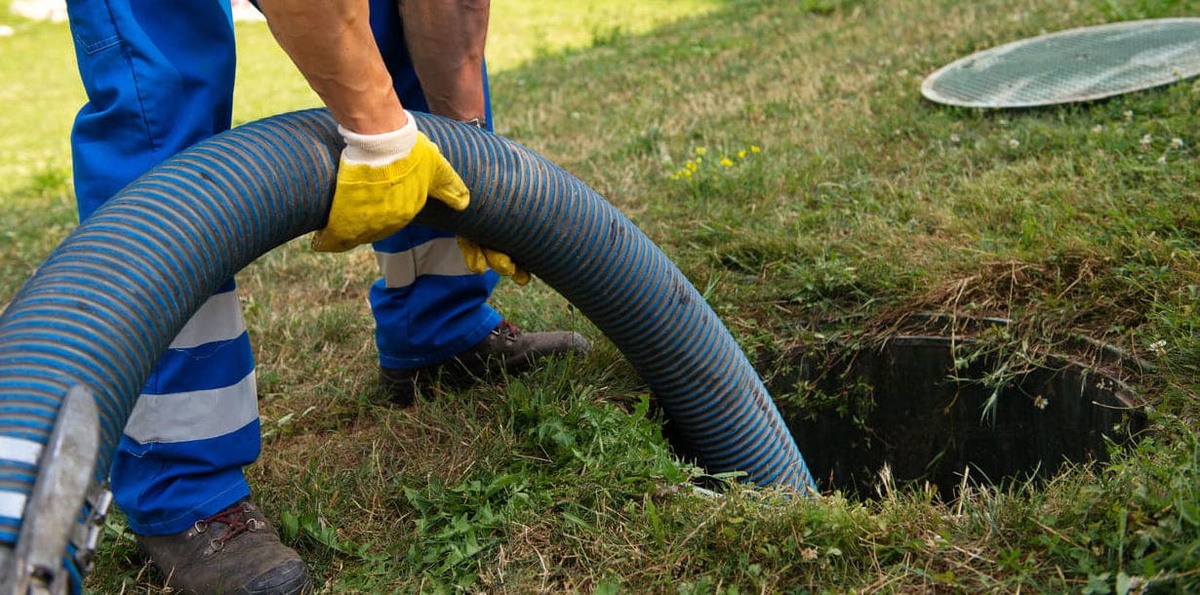Cesspool pumping, a vital aspect of maintaining sanitation and environmental health, plays a crucial role in preventing the contamination of groundwater, soil, and nearby water bodies. This practice is essential for homes and properties that rely on cesspools for sewage disposal. In this article, we delve into the importance of cesspool pumping, its process, frequency, and environmental implications. Also, you can refer to the concluding part of this article if you are searching for cesspool pumping in Long Island or cesspool service in Suffolk County.
Understanding Cesspools
Cesspools are underground pits or chambers used for the collection and temporary storage of household wastewater and sewage. Unlike septic systems that involve bacterial breakdown of waste, cesspools allow liquid waste to percolate into the surrounding soil while retaining solid waste. Over time, this can lead to clogging, accumulation of sludge, and potential overflow issues.
The Significance of Cesspool Pumping
Cesspool pumping is a proactive measure to prevent the buildup of solids, oils, and scum within the cesspool. As these materials accumulate over time, they can impede the proper flow of wastewater, leading to blockages, unpleasant odors, and even potential health hazards due to bacterial growth and contamination.
The Pumping Process
Cesspool pumping involves the removal of accumulated solids, sludge, and liquids from the cesspool using specialized equipment. A vacuum truck is commonly employed, which uses suction to extract the contents of the cesspool. The collected waste is then transported to a treatment facility where it undergoes proper processing and disposal.
Frequency of Cesspool Pumping
The frequency of cesspool pumping depends on various factors, including the size of the cesspool, the number of residents using the system, and the overall wastewater load. On average, cesspools may require pumping every 3 to 5 years. Regular inspection and monitoring by professionals can help determine the appropriate pumping schedule.
Environmental Impact
Neglecting cesspool maintenance and pumping can have severe environmental consequences. As cesspools overflow or become clogged, untreated sewage may leach into the soil, contaminating groundwater and nearby water bodies. This poses a significant risk to public health, aquatic life, and ecosystems. Proper cesspool maintenance, including routine pumping, is an essential step in preventing these environmental hazards.
Health and Safety Considerations
Cesspools that are not properly maintained can emit foul odors and attract pests. Additionally, the accumulation of gases like methane within the cesspool poses safety risks, including the potential for explosions. Regular pumping reduces these risks and contributes to a safer environment for both residents and the community.
Professional Expertise
Cesspool pumping is a specialized task that requires professional expertise and equipment. Certified pumping technicians are trained to handle the process safely and efficiently, ensuring that waste is properly disposed of and the cesspool is left in a functional state.
Regulatory Compliance
In many areas, there are regulations and guidelines governing cesspool maintenance and pumping. Adhering to these regulations is not only a legal requirement but also an ethical responsibility to protect public health and the environment.
Benefits of Regular Cesspool Pumping
Preventing Contamination: By regularly pumping cesspools, the risk of contamination to groundwater and surface water bodies is significantly reduced. This safeguards drinking water sources and aquatic ecosystems.
Minimizing Odors and Pest Issues: Regular pumping helps prevent the buildup of noxious odors and deters pests that might be attracted to the cesspool's contents.
Extending Cesspool Lifespan: Proper maintenance and pumping can extend the lifespan of a cesspool, reducing the need for premature replacement and saving costs.
Reducing Emergency Situations: Regular maintenance reduces the chances of sudden overflows or blockages that can lead to emergency situations, inconvenience, and potential health risks.
Conclusion: Best Cesspool Pumping in Long Island
Cesspool pumping is an essential practice that upholds sanitation standards, protects the environment, and promotes public health. By investing in regular pumping and maintenance, property owners contribute to cleaner water sources, safer communities, and a healthier ecosystem. Understanding the significance of cesspool pumping and partnering with professionals to ensure its proper implementation is a responsible step toward a more sustainable future. We hope you have found this article useful. Meanwhile, if you are searching for cesspool pumping in Long Island, or cesspool service in Suffolk County, you can refer to this website.


No comments yet